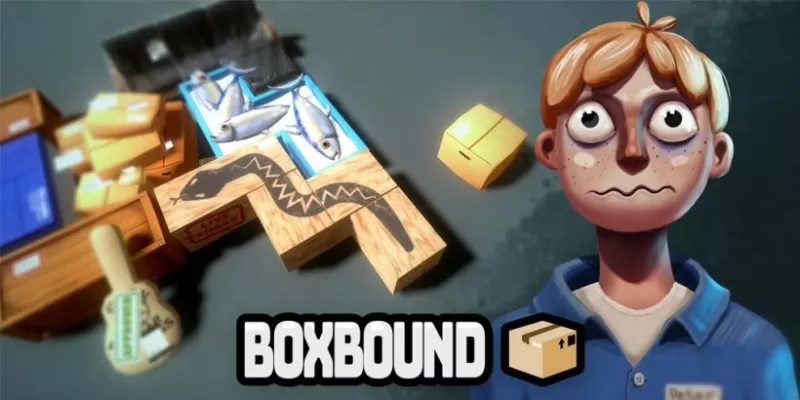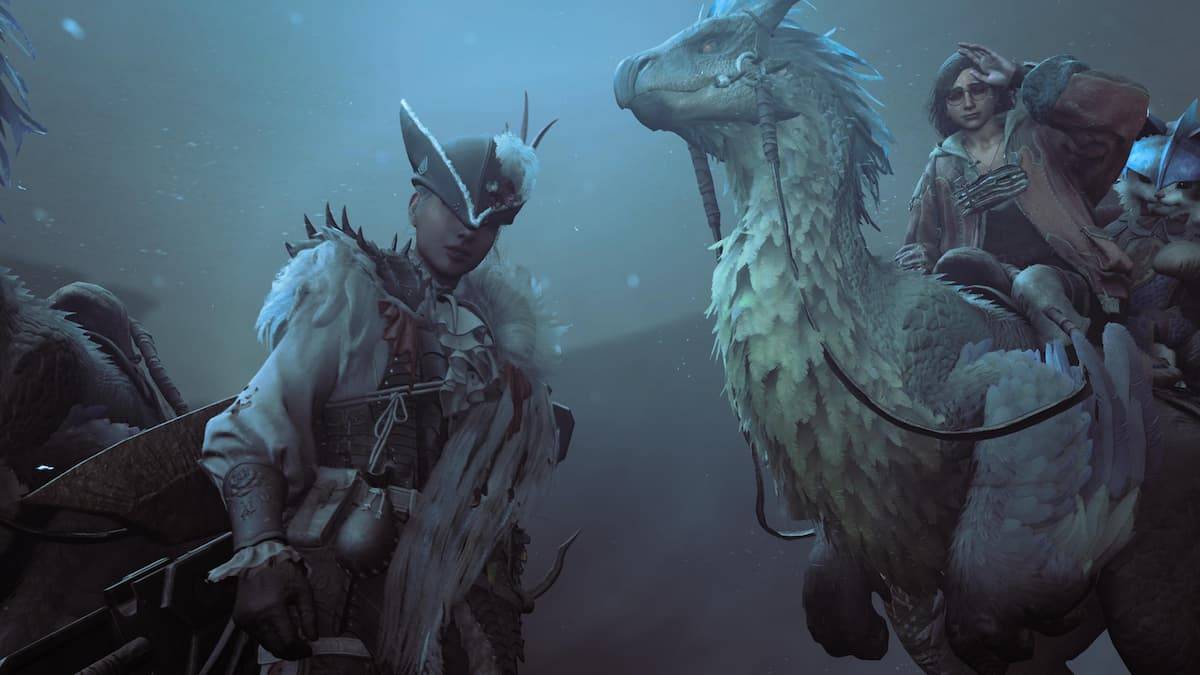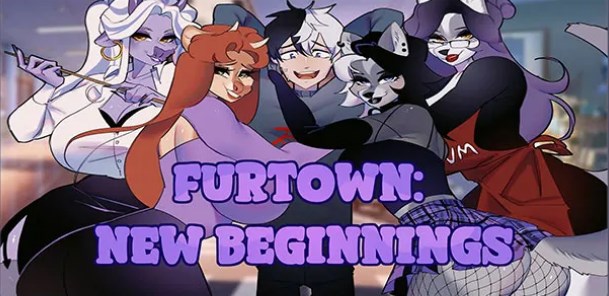Nintendo's Updated Content Guidelines: Stricter Rules and Potential Bans for Creators
Nintendo has significantly tightened its Content Guidelines, implementing stricter rules for online content creators sharing Nintendo-related material. These updated guidelines, effective September 2nd, carry substantial penalties, potentially including permanent bans from creating and sharing any Nintendo content online.
The Expanded Enforcement of Nintendo's Content Guidelines
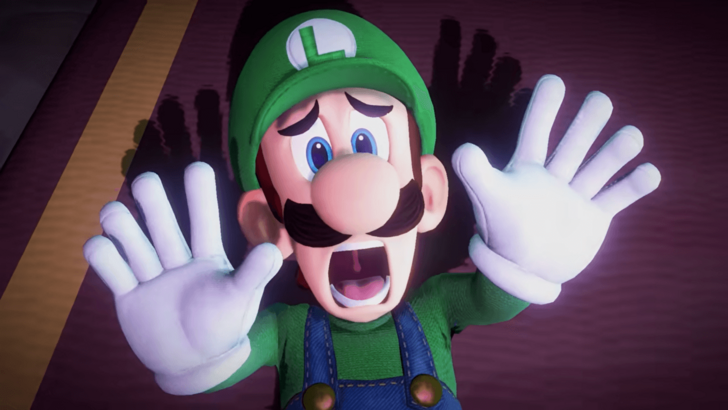
Nintendo's revised "Game Content Guidelines for Online Video & Image Sharing Platforms" empower them to not only issue DMCA takedowns but also proactively remove content violating their guidelines and restrict creators' future contributions. This represents a significant escalation from the previous policy, which only addressed content deemed "unlawful, infringing, or inappropriate." Violation now risks complete exclusion from the Nintendo content creation sphere.
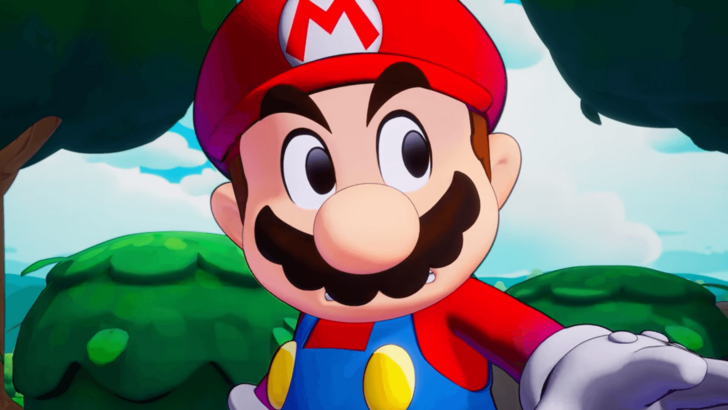
Key Additions to Prohibited Content:
The updated guidelines clarify prohibited content, adding two crucial examples:
- Content depicting actions that negatively impact multiplayer gameplay, such as intentional disruption.
- Content containing graphic, explicit, harmful, or offensive material, including statements or actions deemed offensive, insulting, obscene, or disturbing.
The Catalyst for Change: A Splatoon 3 Incident
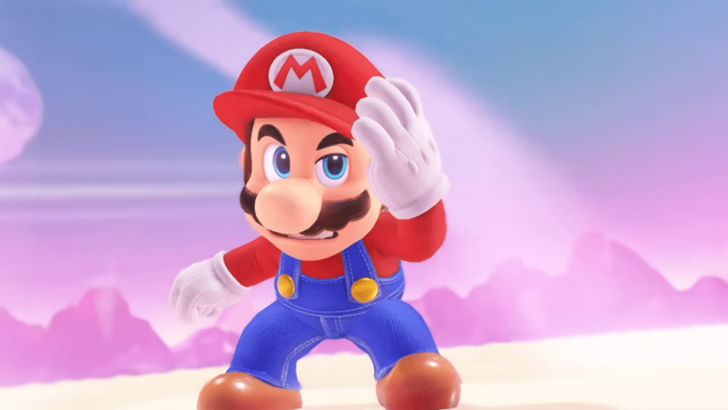
These stricter guidelines likely stem from recent content takedowns, notably the removal of a Splatoon 3 video by Liora Channel. This video, featuring interviews with female players discussing dating experiences within the game, was deemed unacceptable by Nintendo. Liora Channel subsequently pledged to avoid sexually suggestive Nintendo-related content.
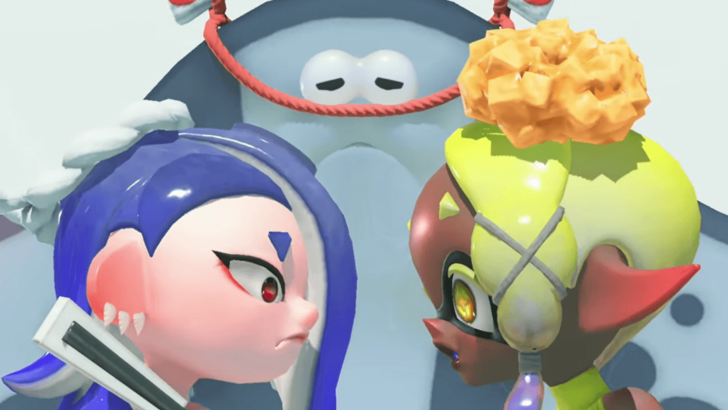
Protecting Young Players: A Necessary Measure?
The stricter stance is arguably a response to the increasing risk of predatory behavior in online gaming, especially concerning younger players. The potential for harm associated with promoting sexual encounters within games aimed at a younger demographic necessitates proactive measures. Reports of abuse and exploitation in games like Roblox underscore the gravity of this concern. Nintendo's move aims to safeguard its player base and maintain a positive image.

